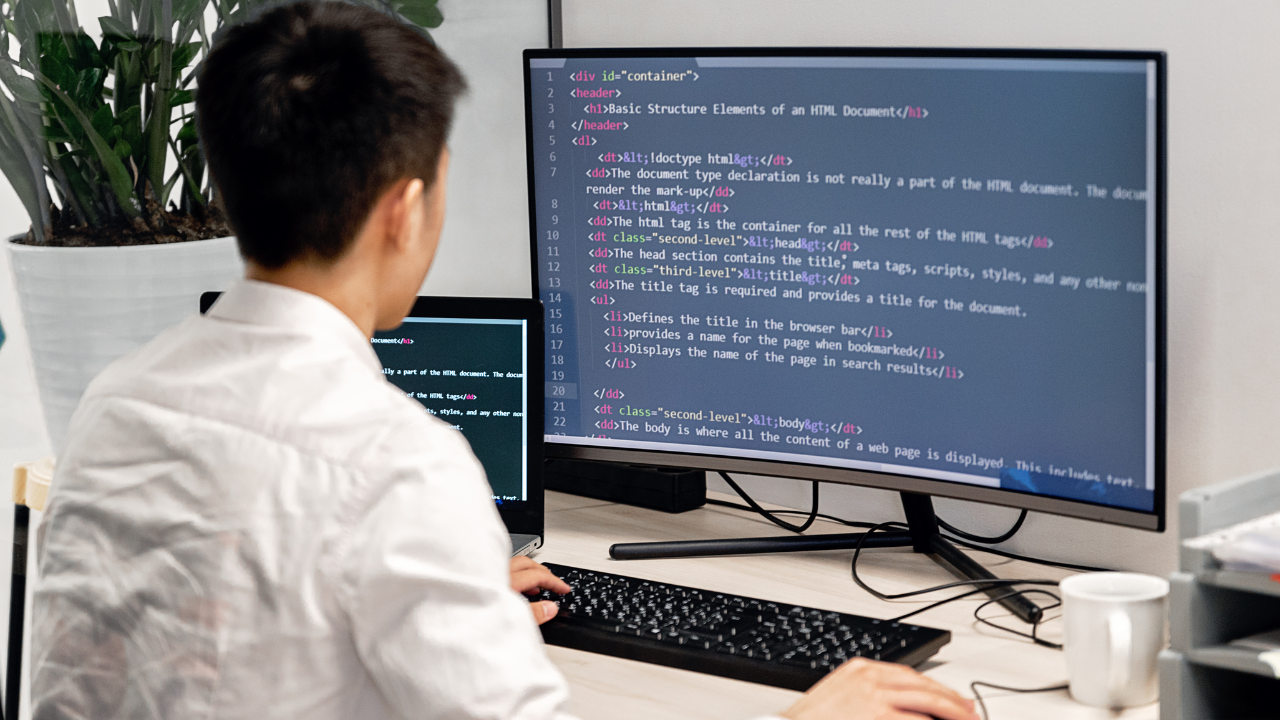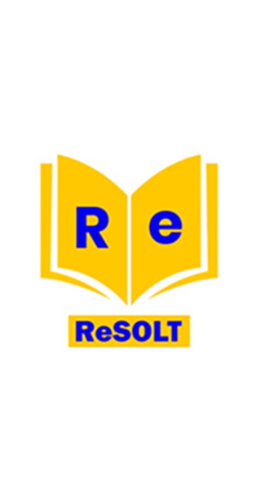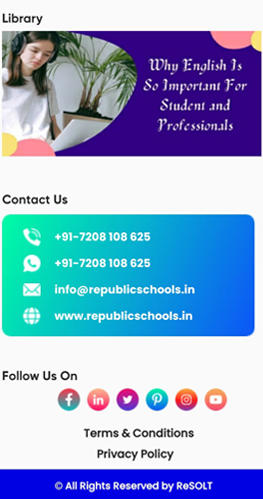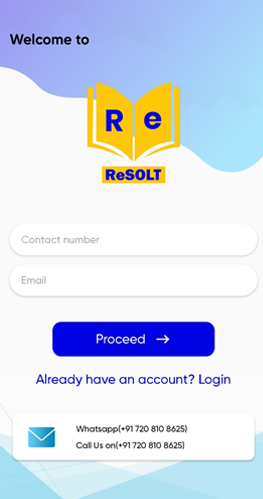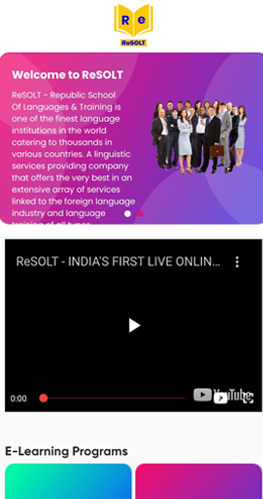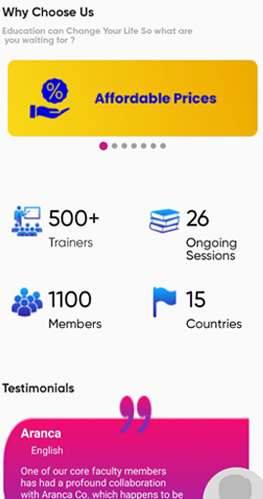In today’s digital age, coding has become an indispensable skill, driving innovation and shaping the technological landscape. From Scratch to Python, each programming language offers its unique strengths and applications. In this blog, we’ll delve into the history, relevance, and practicality of four prominent programming languages: Scratch, C & C++, Java, and Python, exploring what to learn, how to learn it, and its scope in the ever-evolving tech industry. Every coding institute in Mumbai offers advanced learning environment to make learning fun and easy.
Let’s begin with Scratch, a beginner-friendly language designed for children to learn coding concepts through visual blocks. Developed by MIT Media Lab in 2007, Scratch has since empowered millions of aspiring coders worldwide to unleash their creativity and problem-solving skills.
Next, we have C & C++, the foundation of modern programming languages. Created in the early 1970s by Dennis Ritchie at Bell Labs, C laid the groundwork for system programming and software development. Its successor, C++, introduced object-oriented programming principles, revolutionizing software engineering and powering applications ranging from operating systems to video games.
Java, born in the mid-1990s by James Gosling at Sun Microsystems, emerged as a versatile language with “write once, run anywhere” capabilities. Its platform independence and robustness made it a popular choice for enterprise-level software development, web applications, and Android mobile app development.
Lastly, Python, conceived in the late 1980s by Guido van Rossum, gained traction for its simplicity, readability, and versatility. Python’s elegant syntax and extensive libraries have made it a go-to language for web development, data science, artificial intelligence, and automation. You can consider Python training in Mumbai or Python course in Mumbai to start your learning journey.
When diving into coding, understanding fundamental concepts such as variables, data types, loops, and functions is crucial. Each language has its syntax and semantics, but mastering these basics lays a solid foundation for advanced learning and problem-solving.
Learning to code requires a combination of resources and practice. Online tutorials, coding bootcamps, and community forums offer valuable learning materials and support. Hands-on projects, such as building websites, mobile apps, or games, provide practical experience and reinforce theoretical knowledge.
The practical applications of coding are vast and varied. From developing software applications and websites to analyzing data and automating tasks, proficiency in programming opens doors to diverse career opportunities across industries. As technology continues to advance, the demand for skilled coders remains high, making coding a valuable skill in today’s job market.
In conclusion, coding is a gateway to innovation and problem-solving in the digital era. Whether you’re a novice or an experienced developer, continuously learning and adapting to new technologies is essential for staying relevant in the ever-changing tech landscape. At ReSOLT, we recognize the importance of coding education and offer comprehensive courses to equip learners with the skills needed to thrive in the tech industry.
From Scratch to Python, each programming language offers a unique journey into the world of coding. By understanding their history, relevance, and practical applications, aspiring coders can embark on a fulfilling and rewarding career in software development and beyond.

